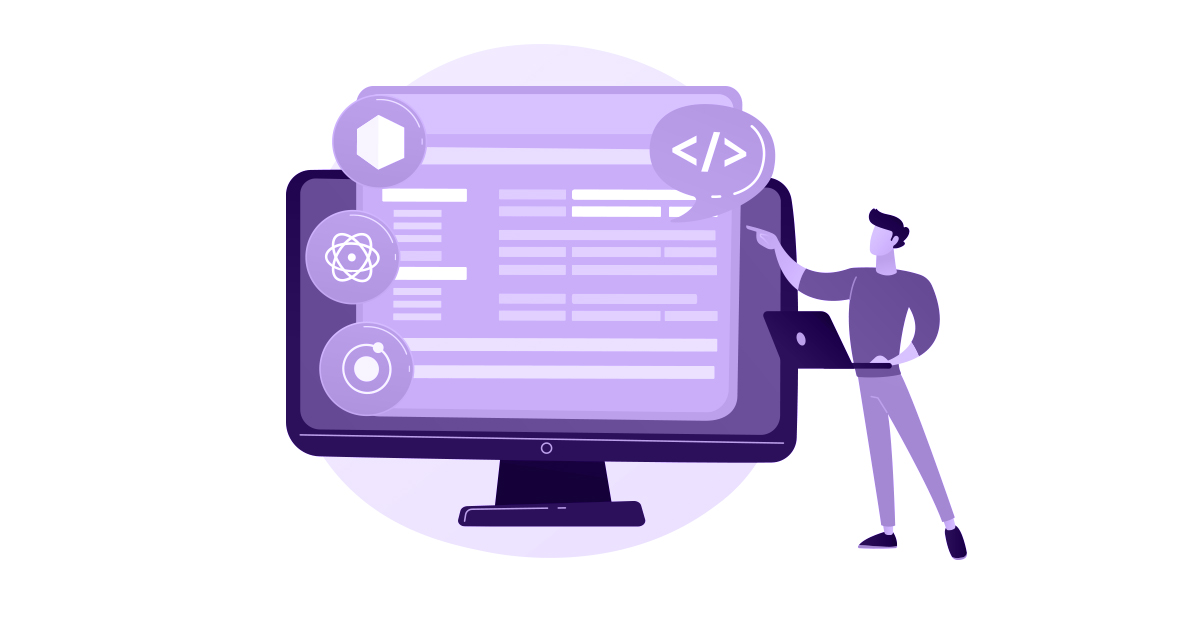Managing equity can be daunting for businesses, especially as they grow, raise capital, and expand globally. While it's not mandatory to use software for equity management, many companies are adopting digital solutions to streamline complex tasks like issuing grants, managing cap tables, and ensuring compliance.
Equity management software offers automation, improves decision-making, and enhances security, freeing up resources to focus on growth. From startups to public companies, these tools are invaluable in centralizing equity-related activities and fostering better employee engagement.
In this blog, we'll explore the types of companies that benefit most from such equity management software solutions.
Types of Companies that benefit from Equity Management Software
1. Private Companies
Private companies, particularly those with growing employee bases, find equity management software invaluable. As they expand, offering equity compensation, such as stock options, becomes a key strategy to attract and retain talent. Managing these compensation plans manually is not only time-consuming but also prone to errors, which can lead to costly compliance issues. Equity management software automates these processes, helping businesses track employee vesting schedules, issue stock options, and maintain up-to-date cap tables all while ensuring they stay compliant with legal requirements.
Additionally, the software centralizes everything equity related. From managing grant issuances and shareholder data to ensuring accurate tax reporting, equity management software simplifies what could otherwise be a daunting process. It also helps private companies visualize their equity distribution, making it easier for leadership to make informed decisions regarding future investments and expansions. With automated updates and detailed reporting, it becomes easier for private companies to scale, ensuring that equity plans grow with the business without adding administrative burden.
This efficiency allows founders and management to focus on strategic goals rather than getting lost in the operational details of equity distribution.
2. Pre-IPO companies
Pre-IPO companies face unique challenges when it comes to managing equity. As they prepare to go public, the stakes are higher, and any missteps in equity management can have severe repercussions. Managing equity plans manually during this critical stage can lead to inaccurate records, compliance risks, and lack of transparency issues that can raise red flags during the IPO process. Equity management software helps pre-IPO companies streamline their equity compensation plans, ensuring they are audit-ready and compliant with all regulations before going public. The software also provides the flexibility to adjust stock plans as the company grows, keeping everything in line with evolving corporate governance standards.
One of the most significant pain points for pre-IPO companies is handling the complex reporting and disclosure requirements that come with going public. Accurate documentation of stock options, grants, and employee holdings becomes essential as these details are heavily scrutinized by potential investors and regulators. Equity management software helps pre-IPO businesses maintain clean, organized records and offers real-time reporting, which simplifies due diligence and financial audits. Additionally, the software ensures that employees understand their equity holdings, providing a transparent and structured communication channel for all stakeholders.
3. Public Companies
For public companies, manual processes involving spreadsheets are highly prone to human error, which can result in incorrect tax filings, regulatory non-compliance, or inaccurate financial reports outcomes that could damage the company's reputation and result in penalties. With larger employee bases and a wider variety of equity awards, such as stock options, RSUs (Restricted Stock Units), and ESPPs (Employee Stock Purchase Plans), managing all this data manually becomes a cumbersome task. Errors in tracking stock grants, missed updates on vesting schedules, or discrepancies in cap tables can lead to severe financial and legal consequences.
Equity management software provides the scalability and automation that public companies require. It automates the administration of equity awards, from grant issuance to vesting and taxation, reducing the need for manual input. The software also empowers employees by allowing them to monitor and manage their equity plans through self-service portals, eliminating the need for back-and-forth communication. With real-time tracking, employees can update their contribution levels, track vesting progress, and even initiate exercises or sales of stock all through an integrated platform.
Additionally, advanced reporting tools embedded in the software offer audit-ready financial reports, ensuring companies can easily meet regulatory requirements and handle annual audits. This automation helps public companies maintain accuracy, streamline global administration, and save time by reducing the manual workload associated with equity plan management.
4. Companies with Global Operations
Companies operating in multiple jurisdictions face significant challenges when it comes to managing equity plans. Dealing with various legal frameworks, tax regulations, and compliance standards across countries can quickly become overwhelming. Moreover, as these companies scale internationally, they require greater transparency and accuracy to ensure that all aspects of their equity plan are well managed.
Equity management software tailored for global operations simplifies these challenges. It offers a centralized platform to track and manage equity plans across borders, ensuring compliance with each country's regulatory requirements. The software automatically adjusts for country-specific tax rules, reporting standards, and vesting schedules, eliminating the need for manual calculations.
Additionally, it provides real-time access to cap tables and shareholder information, making it easier for multinational companies to make data-driven decisions. This not only reduces the administrative burden but also ensures that employees in different regions have access to accurate, up-to-date information regarding their equity plans.
Conclusion
Equity management software is an essential tool for companies across various stages of growth whether private, pre-IPO, or public and especially for those operating globally. It simplifies the complex process of managing equity compensation plans, ensuring accuracy, compliance, and operational efficiency.
Why is Qapita the Best Choice for Equity Management?
Simplify your equity management with Qapita. From private to public companies, and across multiple jurisdictions, Qapita simplifies equity award issuance, cap table management, valuations, and compliance. Qapita handles it all whether you're scaling or preparing for IPO.
Manage cross-border equity compensation with Tapestry's tax and legal expertise, ensuring compliance across jurisdictions while engaging employees and stakeholders with ease.
Book a demo today!


 Equity management
Equity management

 Fund management
Fund management

 Fund management
Fund management

 Fund management
Fund management











































